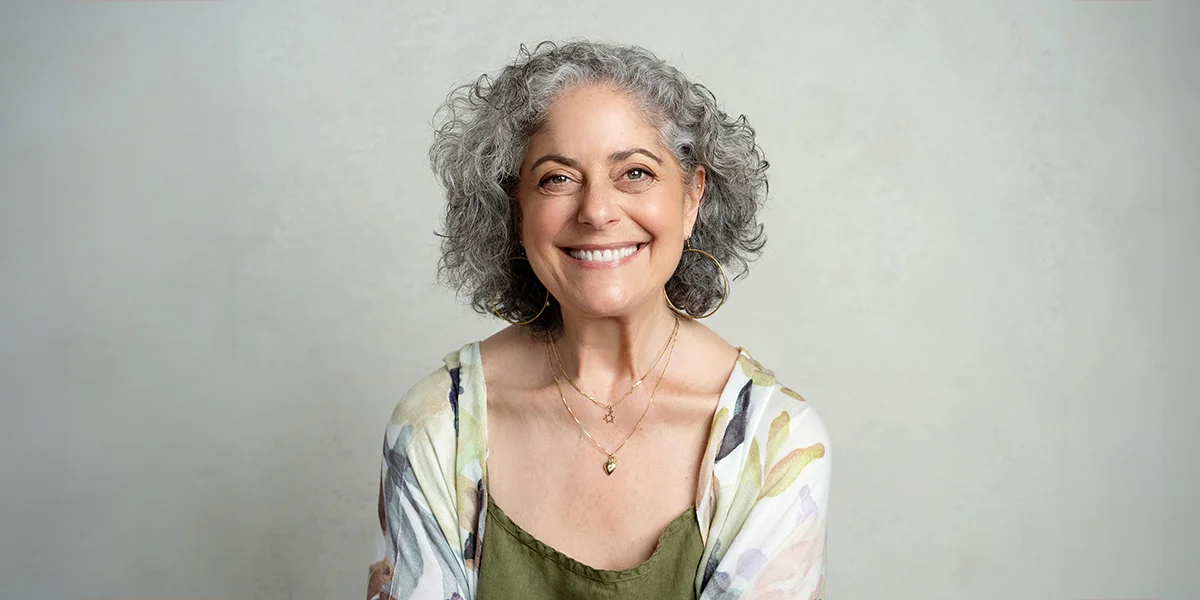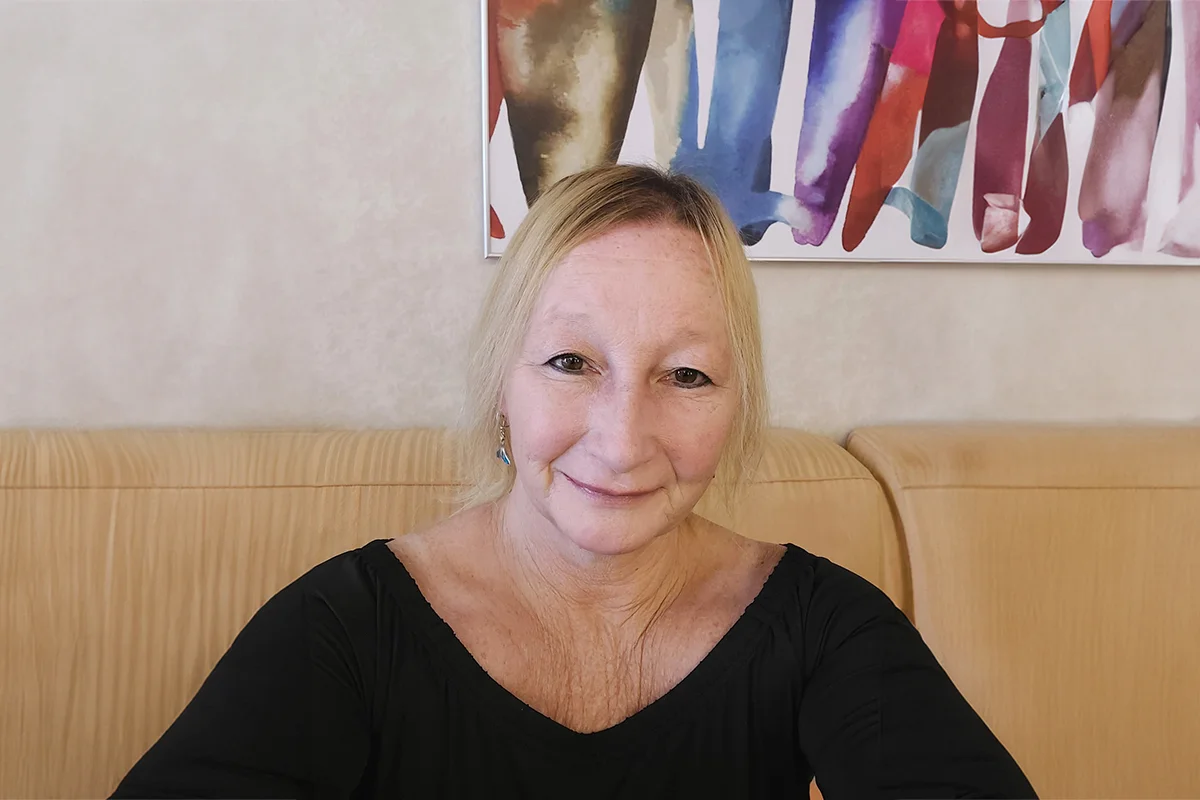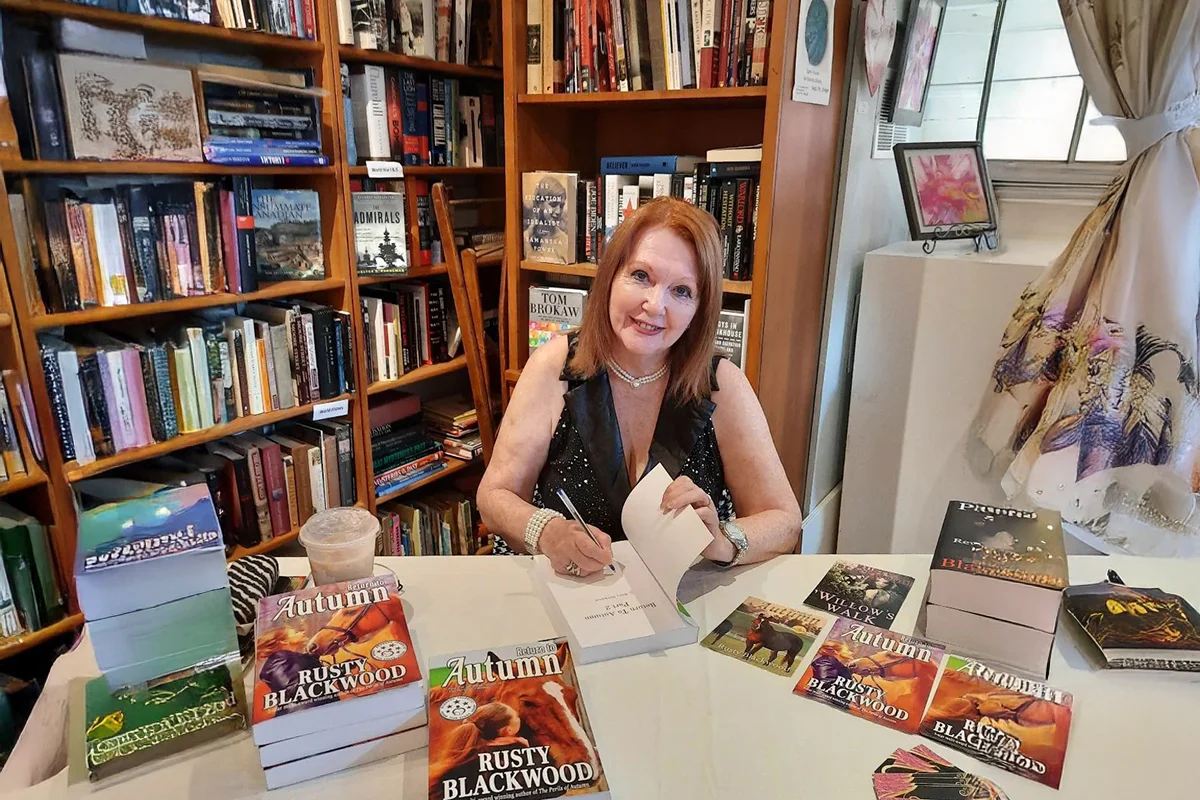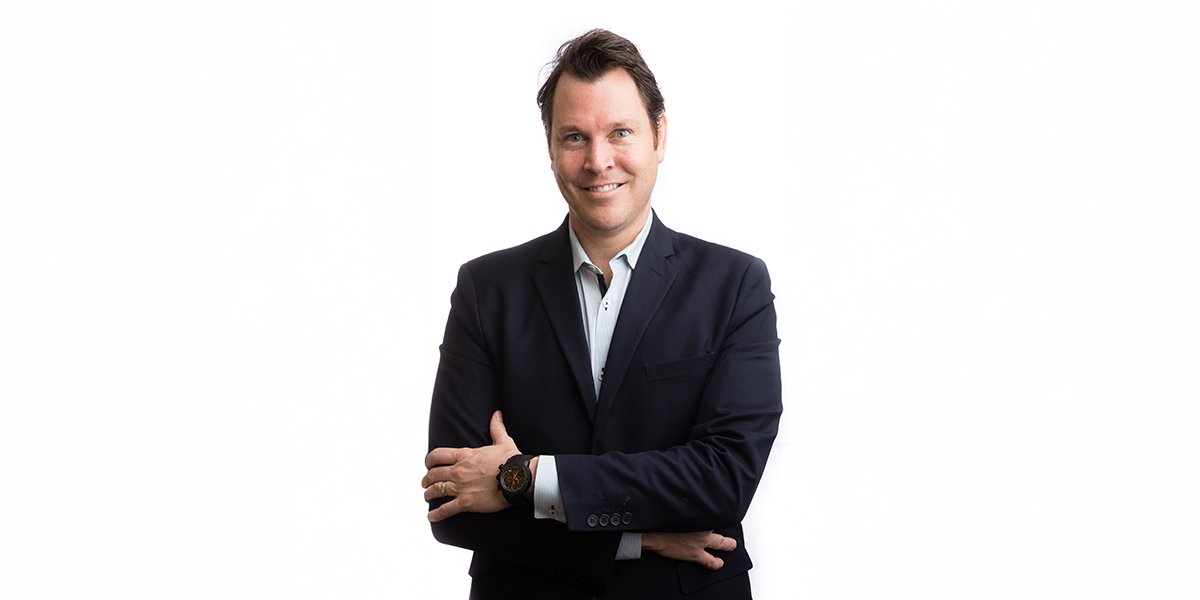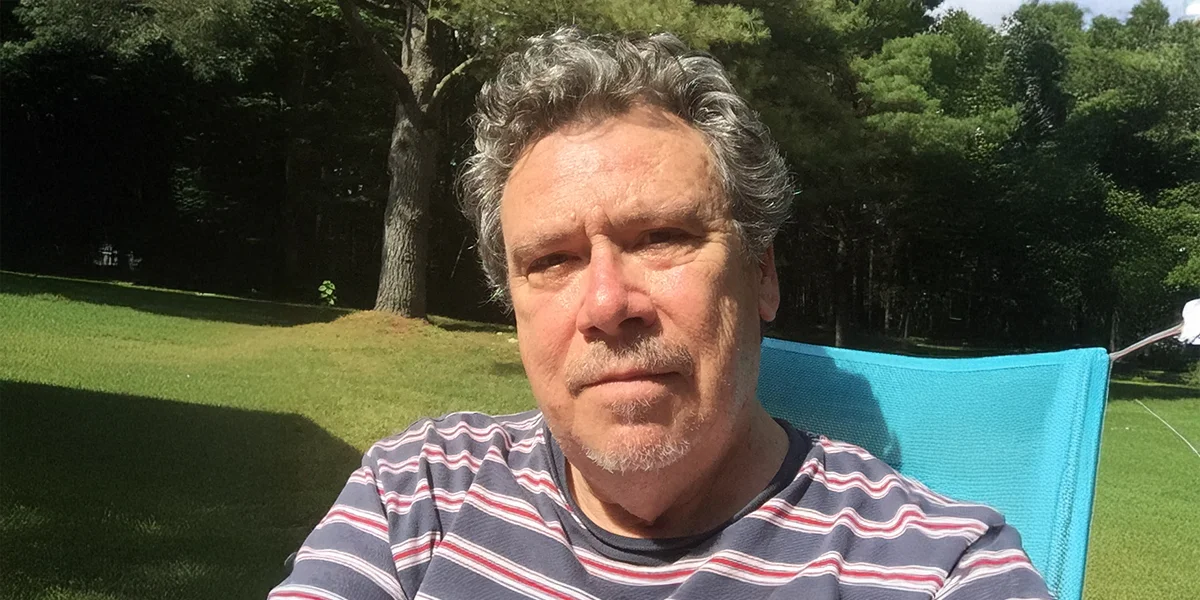PHOTO: Author and Ayurvedic practitioner Susan Weis-Bohlen, sharing timeless wellness practices with a modern touch.
Ancient Healing for Modern Life and Writing
Susan Weis-Bohlen reveals how Ayurveda reshaped her life, shares practical wellness tips, writing insights, and encourages authenticity, balance, and creativity for aspiring authors and holistic health enthusiasts alike.
Susan Weis-Bohlen blends timeless Ayurvedic principles with relatable, real-world application to help readers find balance in body, mind, and spirit. As a bestselling author, seasoned teacher, and respected practitioner, Susan has become a trusted voice in the field of holistic wellness, offering grounded and accessible insight into one of the world’s oldest healing systems.
Her journey began in 2004 when she opened Breathe Books, a new-age bookstore in Baltimore. At the time, her knowledge of Ayurveda was limited to what she had read in Deepak Chopra’s Ageless Body, Timeless Mind. What started as a desire to lose weight quickly evolved into a deeper exploration of balance and healing through the Ayurvedic lens. Understanding the doshas—Vata (air and space), Pitta (fire and water), and Kapha (water and earth)—she recognized her excess Kapha and took steps to address it through diet, lifestyle, and study. A 10-day Panchakarma program at the Chopra Center became a turning point, launching her into years of education and practice that transformed her life.
Susan Weis-Bohlen is a compassionate healer and gifted storyteller whose life and work beautifully embody the essence of Ayurvedic balance and wisdom.
After shedding 60 pounds and finding a new sense of vitality, Susan became a certified Ayurvedic practitioner, studying both in the United States and India. She served on the board of the National Ayurvedic Medical Association (NAMA) from 2019 to 2023 and eventually shifted from bookstore owner to full-time teacher, speaker, and author.
Her writing journey has been as organic as her wellness path. A former journalist in Israel, Susan was approached by a publisher and embraced the opportunity to write books rooted in her personal experience. While early drafts leaned toward a clinical tone, it was the inclusion of her personal stories—encouraged by an editor at Simon & Schuster—that brought her work to life. Now, her storytelling is a central part of her offerings, from workshops to retreats, and even in her current memoir project.
Susan also shares practical Ayurvedic advice that anyone can integrate into their daily routine. Her guidance includes eating three structured meals a day, avoiding snacks, having a light dinner well before bedtime, and keeping a regular sleep schedule aligned with the body’s natural rhythms. Simple herbal support—such as ashwagandha for energy and stress or triphala for digestion—can make a meaningful difference. She also recommends abhyanga, the Ayurvedic practice of daily oil massage, as a way to protect the body from environmental toxins while nourishing the skin.
Her experiences with Panchakarma, especially during a three-week retreat in Tamil Nadu, India, were deeply restorative. Beyond physical healing, the process offered emotional renewal and connection—both with herself and her husband, who participated in the treatment alongside her. It’s a practice she continues to draw from and adapt in daily life.
Writing, for Susan, is also an Ayurvedic practice. True to her Kapha nature, her best creative hours fall between 2 and 6 p.m., during the Vata time of day known for fostering imagination. Her writing space is designed using Vastu Shastra, the Vedic equivalent of Feng Shui, which aligns her surroundings with her dosha and keeps her environment conducive to focus and creativity.
Despite her disciplined lifestyle, Susan embraces flexibility. Ayurveda, she notes, should be a supportive guide, not a rigid doctrine. Whether it’s enjoying occasional winter ice cream—what she calls “Vitamin H” for happy—or using hormone therapy to ease menopause, she honors the importance of adaptability and self-compassion in wellness.
To aspiring writers interested in holistic health, Susan offers heartfelt advice: write from experience, not theory. Authenticity matters. Be vulnerable, credit your mentors, and engage in the practices you preach. Above all, be a reader—great writing begins with deep listening and observation.
Susan Weis-Bohlen’s work is a powerful example of how ancient wisdom can resonate in today’s fast-paced world. Her books, teachings, and personal story remind us that true wellness is not about perfection—it’s about finding harmony, embracing growth, and sharing our journey with others.
This article was adapted from an interview with Susan Weis-Bohlen in the latest issue of Reader’s House.







